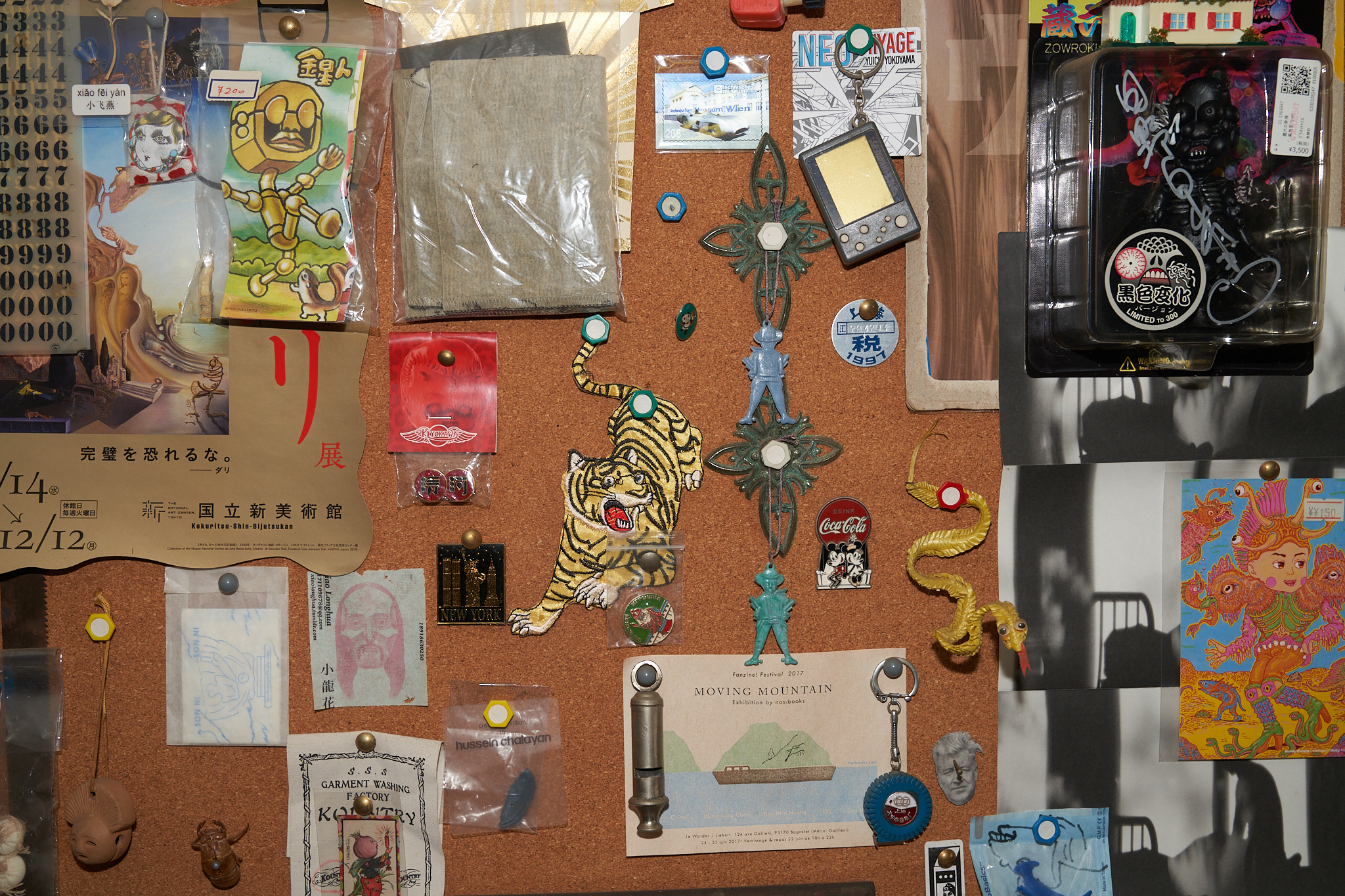CHEN WEI: MORE
| October 26, 2012 | Post In LEAP 16

The word “more” is a word full of hunger. It is also a word many Chinese people associate with the American cigarette brand “More”— or “Mó’ěr,” its transliteration in Chinese. In the 1980s and 90s, these slim cigarettes were all the rage in China. A large contingent of teenage boys became fond of collecting the wrapping paper of imported cigarette brands. In those days, a wrapper collection was not complete without the “Mó’ěr” brand name. As far as the collectors were concerned, to be in possession of a set of those exquisitely printed throwaways was a sign of trendiness and superiority. The reality is, in that age of material scarcity and sensory deprivation, these kids, together with the adult world, were relishing the symbolic value of anything imported. At the time, few people could have envisioned a near future in which their lives would be at the very center of the tidal wave of globalization. But even with the wave’s arrival, the hunger in people’s hearts has remained. It has not been eliminated or alleviated, but has rather intensified, provoked by its new surrounding reality.
Chen Wei was born in 1980, and— though he himself never collected imported cigarette wrappers— growing up in the 30 years since China’s Opening and Reform endowed him with lived experiences and first-hand memories of the nation’s transformation: the subject matter for his photographic practice. In these works, the actual images drift about, sometimes vague and obscured, but for his audience, they are clear, a kind of shared psychological symptom. Precisely because of this, Chen Wei’s photographs engender an irresistible sense of closeness and intimacy. With this new Shanghai exhibition, Chen has become more conscious of emphasizing this point than ever before.
Due to spatial limitations, the exhibition is divided into upper and lower levels. But its expressive intent does not become disjointed as a result. Upon entering the gallery, one is encountered with a photo of a pair of shattered glasses, and a scene of a room pelted to oblivion by tomatoes. This surge of aggression is soon tamed, however, by the work Ping Pong. Although Chen Wei’s explanations of his own works remain consistently open-ended, Ping Pong serves as a sort of turnkey for the exhibition. Chen integrates the symbolic relationship between the broken-down table (an upturned door) and the net (made of interconnected “Mó’ěr” packaging), together with the notion of ping-pong itself as a classic symbol of China’s diplomatic history. The set-up forms a sort of watershed for the exhibition, separating the distinct experiences of life of two distinct eras. Therefore, the photographs on the second floor seem to deal with life experienced in the present. On the one hand, in both Coins in Fountain Basin and Coins Chen Wei discusses desire’s attendant emptiness. The underwater coins are like bright stars in the night sky, glimmering in plain sight but entirely unattainable. On the other hand, the works in the next room express the symptoms and signs of desire: gloves filled with coins; a post-feast feast table cleared of food; a young man gazing into the distance from his place on a raised ladder. If the viewer were were to horizontally contrast the two exhibition spaces, she would begin to feel an unmistakable pessimism originating within the body.
Chen Wei has mentioned several times in the past that his photographic practice often takes inspiration from the methodologies of film and television; he does not obsess with the medium itself, as would a classically-trained photographer. This does not mean, however, that Chen lacks the power of visual understanding when it comes to photography. Though Chen Wei concentrates the majority of his energy on scene, still life, concept, and production, in that single fleeting moment when his finger presses down on the shutter, he produces a reality that activates a truth buried somewhere in our hearts.
Sun Dongdong (Translated by Katy Pinke)

